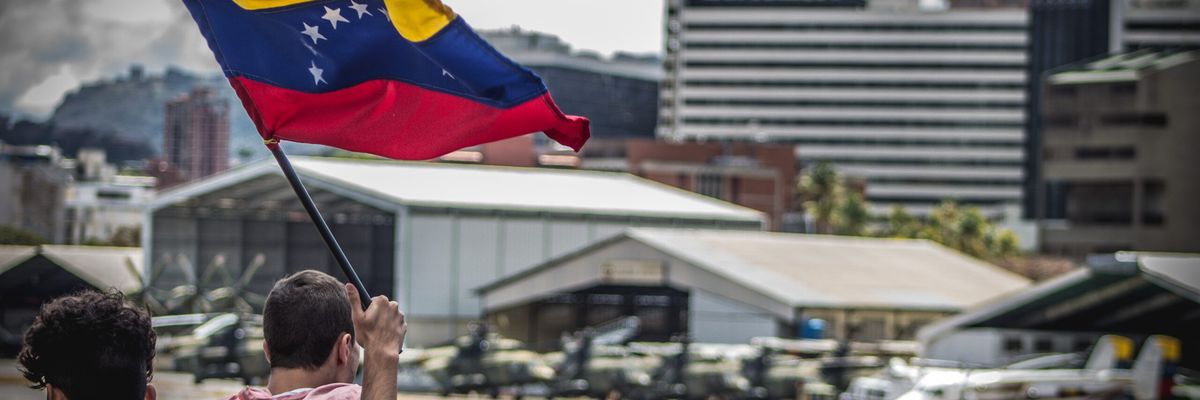A group of House Democrats are urging the Biden administration to rethink its policy toward Venezuela and adopt measures that would ease the ongoing economic and political crises in the country.
NBC news reported on Thursday that the House members sent a letter to Secretary of State Antony Blinken and Treasury Secretary Janet Yellen asking to consider conditions under which they would consider lifting certain sectoral or secondary sanctions and re-establishing “limited” diplomatic relations with Nicolás Maduro’s government.
A number of prominent Democrats, including the ranking member of the House Foreign Relations Committee, Gregory Meeks (D-N.Y.); the ranking member of the Subcommittee on the Western Hemisphere, Joaquin Castro (D-Texas); and the ranking member of the House Rules Committee, Jim McGovern (D-Mass.), were among the letter’s twelve signatories.
“Given the high costs of the crisis for the Venezuelan people and the hemisphere broadly, we believe it is imperative that the Administration respond to this opportunity by empowering the Venezuelan people who are seeking to rebuild their country and their future,” reads the letter.
The Biden administration has offered Venezuela minor sanctions relief — permitting Chevron to resume operations in the country — in an effort to bring President Nicolas Maduro back to the negotiating table with opposition leaders. U.S. officials have signaled a willingness to lift more sanctions if Maduro is willing to engage in good-faith talks. “We are more than ready to reduce and ultimately end our sanctions pressures, but it will take concrete, meaningful steps and ultimately free and fair elections in order to get to that,” Deputy National Security Advisor Jon Finer told reporters in April, after attending a summit organized by the Colombian government aimed at jumpstarting negotiations in Venezuela.
“As Members of Congress who are deeply concerned by the ongoing political, human rights and humanitarian crises in Venezuela, we welcome the Administration’s shift away from the punitive ‘maximum pressure’ policy implemented by former President Trump towards limited reengagement with the government of Nicolas Maduro,” the letter’s signatories say. At the same time, they argue that the administration should “pursue a better strategy to address the rollback of democracy and the severe violations of fundamental rights committed by the Maduro government.”
The latest letter to Biden follows one sent last month by another group of Democratic lawmakers who urged the president to reverse Trump-era sanctions on both Venezuela and Cuba, identifying the economic damage caused by sanctions as one of the primary drivers of the ongoing migration crisis. That letter set up a clash with Sen. Bob Menendez (D-N.J.), the chairman of the Senate Foreign Relations Committee, who “vehemently” disagreed that sanctions have been a leading contributor to high levels of emigration from the two Caribbean basin nations.
“For his part, President Biden has been unwilling to antagonize Menendez because of his important position, and prior to last year’s midterms the White House was reluctant to take any actions that might politically hurt Democratic candidates in Florida,” wrote Daniel Larison in Responsible Statecraft at the time. “Despite considerable evidence that broad sanctions are both destructive and useless, the administration has acted as if they are harmless and effective.”
This week’s letter reiterates some of the same concerns regarding the humanitarian impact of broad-based sanctions. Sanctions, according to the missive, “have often been found to be ineffective in achieving their objectives.” “[T]o purposefully continue contributing to economic hardship experienced by an entire population,” it added, “is immoral and unworthy of the United States.”
“This is the strongest language about collective punishment sanctions ever written” by a Foreign Affairs Committee ranking member, said Just Foreign Policy on Twitter.
















